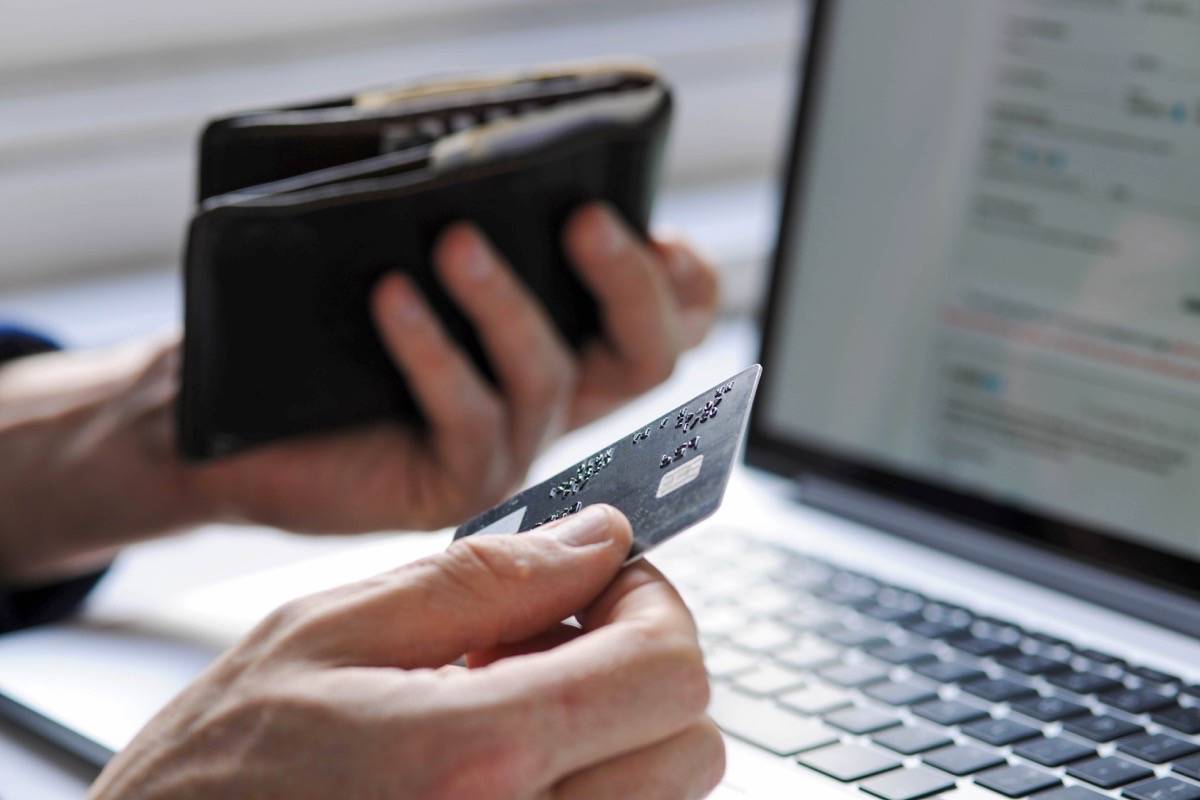What is it about that irresistible lure of the credit card?
Many people have absolute self-control over this little potential troublemaker – other folks, not so much.
Many of us have been there – we somehow get our cards to a zero balance and swear that they will stay that way.
But it doesn’t last. An impulse item here, a movie there, an unexpected supper with friends where you feel compelled to treat but have no cash – pretty soon, there are hundreds of dollars stuck on that card and the balance just keeps going up at an alarming rate.
New statistics from the Office of the Superintendent of Bankruptcy show that total consumer insolvencies in the second quarter are up 14 per cent compared to the same quarter last year. We can’t blame credit cards for all of this of course, but experts say they often play a part.
When Albertans were asked to name their biggest consumer debt regrets (seven in 10 have regrets), making random purchases on their credit cards (39%) and daily purchasing habits (26%) were on the top of their list.
One in 10 regret the purchase of things for their homes (16%), clothing (14%), alcohol (12%), electronics (11%), vacation/travel (11%), and gambling (10%).
Borrowing money for bad investments (9%), student debt (9%) and purchase of cars (8%), also make the list.
Only three in 10 (29%) Albertans say they do not have any consumer debt regrets.
“An unexpected expense – even as simple as an increase in interest expenses – can be a catalyst for bankruptcy,” says Donna Carson, a licensed insolvency trustee at MNP LTD, the country’s largest insolvency practice.
The biggest issue is that so many Albertans do not have a budget or an emergency savings plan.
“This can lead to crippling debt regret,” says Carson, who recommends having between three to six months of expenses saved.
One clear danger sign is when people tap into their credit cards to help cover typical monthly expenses. This can become a habit.
And with many struggling to make ends meet these days in an economy that continues to recover in many ways, it can be a fairly common practice.
Experts say if that’s the case, you may need more help than you think.
“Anyone using credit to pay other bills or to subsidize their income should seek financial advice right away. One mistake people make is waiting too long and allowing the debt to snowball,” advises Carson.
Carson points to a recent survey conducted by Ipsos on behalf of MNP showing that half of Albertans are not confident they will be able to cover all living and family expenses in the next 12 months without going into further debt.
Seems like there is plenty of regret to go around these days when it comes to persistent money troubles.
Four in 10 regret the amount of debt they have taken on in their life (41%).
As mentioned, it can be the small things that add up so quickly.
So the next time you are tempted to use your credit card for a relatively unimportant purchase, ask yourself if that very purchase would be as enticing if you were using cash. Don’t let the ‘buy now, pay later’ mantra cast its spell over you. Mounting credit clearly isn’t worth that temporary and all too fleeting thrill that any purchase provides.



